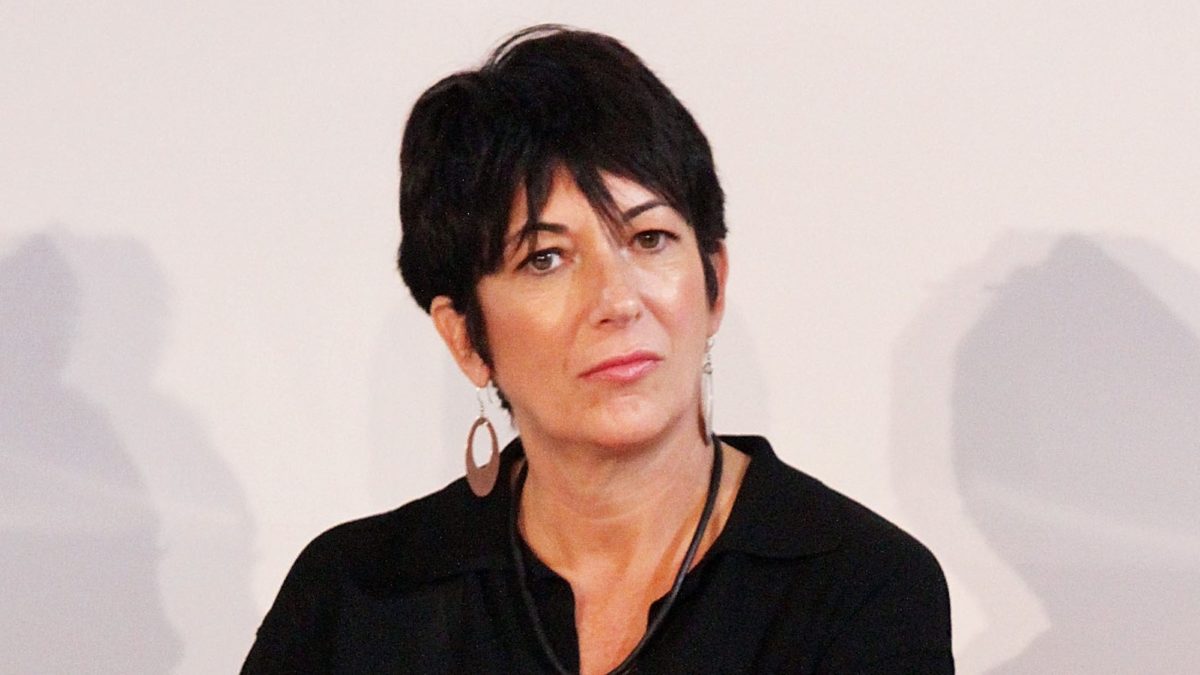
A federal judge on Tuesday rejected Ghislaine Maxwell’s request to learn the identities of three alleged victims referenced in her criminal indictment, saying it was too early in the criminal proceeding to start disclosing such information.
Maxwell’s attorneys filed a letter motion with the court earlier this month imploring U.S. District Judge Alison Nathan of the Southern District of New York (SDNY) to order prosecutors to reveal the names of Maxwell’s accusers, claiming such information was “critical” for them to “mount an effective defense investigation and adequately prepare for trial.”
Maxwell, the daughter of a British media mogul, is accused of helping since-deceased pedophile Jeffrey Epstein to “recruit, groom, and ultimately abuse” multiple young girls as part of his alleged sex-trafficking scheme in the mid-1990s. Maxwell was arrested by federal law enforcement authorities in early July, nearly a year after Epstein’s death in jail.
In Maxwell’s request to identify the accusers, her attorneys argued that because the alleged conduct occurred more than 25 years ago—and because it mentioned possible misconduct with “dozens, if not hundreds” of victims—the defense should not be forced to speculate about the specific conduct in which she may have engaged.
Judge Nathan denied the defense request as “premature,” but confirmed that the names would be disclosed at the appropriate time in the discovery process.
“Her request is premature. Production of discovery, which may itself identify alleged victims and relevant witnesses to the defense, has just begun. Moreover, the parties have not yet engaged in discussions regarding an appropriate schedule for pretrial disclosures, including witness lists and § 3500 material,” Nathan wrote, referring to the Jencks Act.
The Jencks Act provides that no statement of a government witness “shall be the subject of subpoena, discovery, or inspection until said witness has testified on direct examination in the trial of the case.”
According to the New York Law Journal, this means that in every federal criminal matter, “a defendant has no right to learn, prior to testimony at trial, the substance of the prior statements to law enforcement by the witnesses against [them].”
Nathan also stated, however, that given the charges against Maxwell, it is likely the government will have to disclose the names of the accusers well before her trial begins.
“The Court is mindful of the factors pointed to by the Defendant—in particular the fact that charges in this matter relate to conduct that allegedly took place many years ago—and anticipates that such a schedule would require the disclosure of alleged victims and witnesses substantially in advance of trial,” she wrote. “But that alone does not justify such relief at this very early stage. Following the close of discovery, the parties should meet and confer on an appropriate schedule in light of all relevant factors.”
Read the full order below:
Maxwell Order on Letter Motion by Law&Crime on Scribd
[image via Laura Cavanaugh/Getty Images.]